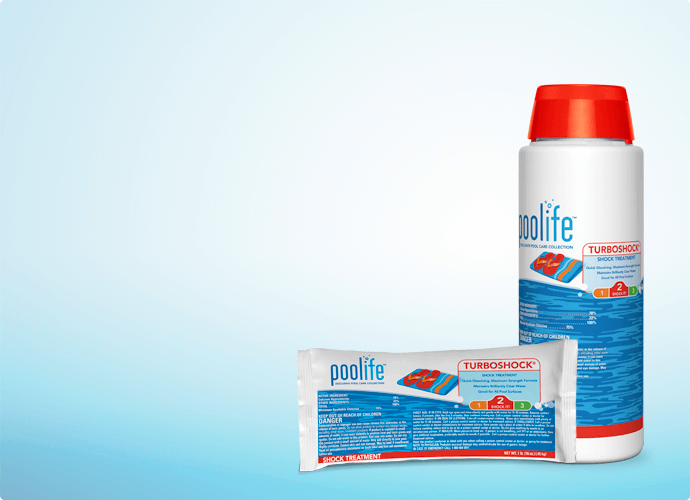Rainy weather pool care
Water Care
 Rain, rain go away! As this has been a particularly rainy summer, we wanted to take a moment to talk about what happens to your pool water with all this rain. A rainy day may keep us out of the pool but unfortunately it brings a lot of stuff into the pool. Rain washes pollution, dust, and pollen out of the sky and into our swimming pools. These contaminants drop our chlorine levels which leaves our pool water unprotected. When the sanitizer (chlorine) level drops below the “ok range”, bacteria and algae are able to grow. This results in cloudy water or in more severe cases, a green pool. The effects of rain water is generally less in pools using the non-chlorine sanitizer Baquacil® CDX. The sanitizer level is much less likely to drop out of the “ok range” but should still be monitored during periods of heavy rain.
Rain, rain go away! As this has been a particularly rainy summer, we wanted to take a moment to talk about what happens to your pool water with all this rain. A rainy day may keep us out of the pool but unfortunately it brings a lot of stuff into the pool. Rain washes pollution, dust, and pollen out of the sky and into our swimming pools. These contaminants drop our chlorine levels which leaves our pool water unprotected. When the sanitizer (chlorine) level drops below the “ok range”, bacteria and algae are able to grow. This results in cloudy water or in more severe cases, a green pool. The effects of rain water is generally less in pools using the non-chlorine sanitizer Baquacil® CDX. The sanitizer level is much less likely to drop out of the “ok range” but should still be monitored during periods of heavy rain.

Clean pool, happy swimmers
Our best plan of action is to shock the pool after any heavy rain storms. We have a choice to super chlorinate the water by adding a chlorine based shock, or to oxidize the water using a non-chlorine shock. If the chlorine level in the pool has dropped below 1ppm the best choice is a chlorine shock treatment like poolife® Turbo Shock. One bag of Turbo Shock treats up to 10,000 gallons of water so it’s a powerful and convenient choice. If the chlorine level is abov e 1ppm, or the pool has a salt chlorine generator, the non-chlorine shock is a great choice. This product oxidizes the organics and “used up” chlorine out of the water without spiking the chlorine level. This allows for swimming 20 minutes after adding and doesn’t lead to bleaching. One bag of poolife® Non-Chlorine Shock also treats 10,000 gallons. It is recommended that Baquacil pools add the weekly does of Baquacil Oxidizer and CDX after a heavy rain storm. It’s always advised to run the pool filter for a minimum of 24 hours after shocking/oxidizing the pool.
e 1ppm, or the pool has a salt chlorine generator, the non-chlorine shock is a great choice. This product oxidizes the organics and “used up” chlorine out of the water without spiking the chlorine level. This allows for swimming 20 minutes after adding and doesn’t lead to bleaching. One bag of poolife® Non-Chlorine Shock also treats 10,000 gallons. It is recommended that Baquacil pools add the weekly does of Baquacil Oxidizer and CDX after a heavy rain storm. It’s always advised to run the pool filter for a minimum of 24 hours after shocking/oxidizing the pool.
Rainwater’s acidic properties can also negatively affect your pool’s water chemistry. This can affect anything from the pH balance to alkalinity levels—and more.
In addition, if rainwater is coming off your landscape or deck it can change your water’s pH, total dissolved solids, calcium hardness, alkalinity and other chemical levels through the addition of contaminants into the pool. Because rainwater is generally acidic in this area, pool water can become corrosive and cause damage to plaster and metal parts of your pool. Make sure to test your pool water after a heavy rain event. Make any necessary adjustments after the chlorine level has been brought up. And as always, feel free to bring a water sample to either Pettis location for our complimentary water testing service. For best results, wait 48 hours to have the water tested after shocking the pool.